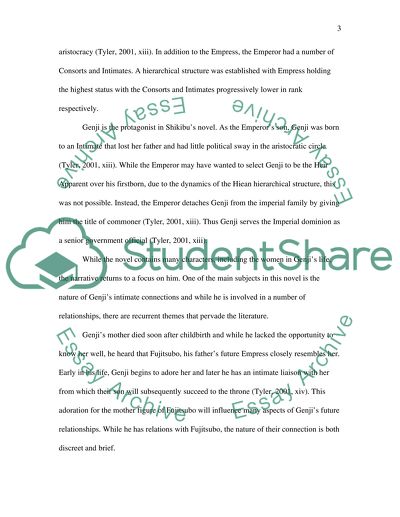Cite this document
(A Discussion of the Character Psychology of the Tale of Genji Coursework, n.d.)
A Discussion of the Character Psychology of the Tale of Genji Coursework. https://studentshare.org/psychology/1499785-character-psychology-of-the-tale-of-genji
A Discussion of the Character Psychology of the Tale of Genji Coursework. https://studentshare.org/psychology/1499785-character-psychology-of-the-tale-of-genji
(A Discussion of the Character Psychology of the Tale of Genji Coursework)
A Discussion of the Character Psychology of the Tale of Genji Coursework. https://studentshare.org/psychology/1499785-character-psychology-of-the-tale-of-genji.
A Discussion of the Character Psychology of the Tale of Genji Coursework. https://studentshare.org/psychology/1499785-character-psychology-of-the-tale-of-genji.
“A Discussion of the Character Psychology of the Tale of Genji Coursework”. https://studentshare.org/psychology/1499785-character-psychology-of-the-tale-of-genji.


